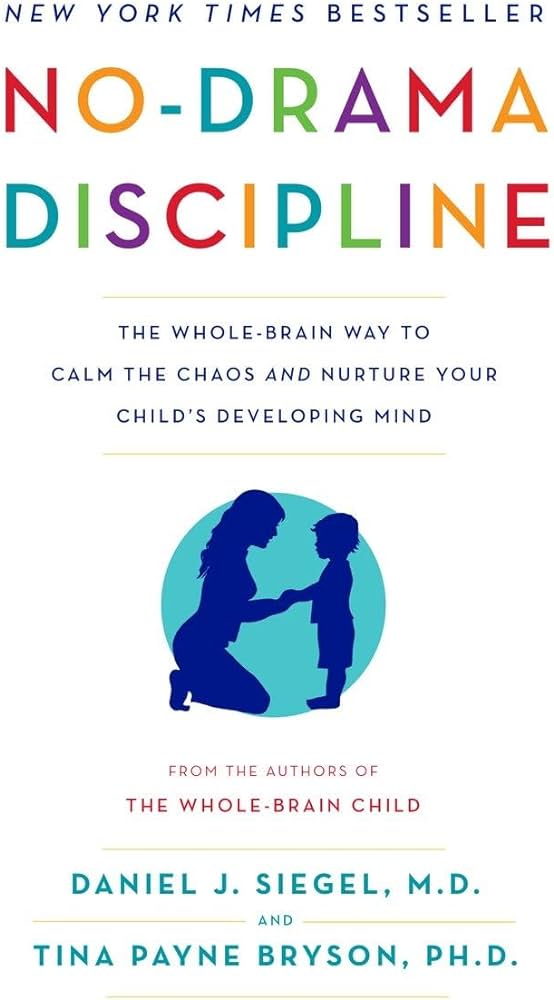
No-Drama Discipline: The Whole-Brain Way to Calm the Chaos and Nurture Your Child's Developing Mind
Authors: Daniel J. Siegel and Tina Payne Bryson
Introduction
No-Drama Discipline is a revolutionary approach to parenting, focusing on nurturing a child's developing mind and fostering emotional intelligence. Written by renowned experts Daniel J. Siegel and Tina Payne Bryson, this book provides parents with practical strategies to calm the chaos and build a strong, connected relationship with their children.
The Core Principles of No-Drama Discipline
Understanding the Brain
To effectively discipline without drama, it's crucial to understand how a child's brain works. No-Drama Discipline emphasizes the importance of recognizing the developmental stages of the brain and how they impact behavior. The upstairs brain (responsible for decision-making and self-control) and the downstairs brain (responsible for basic functions and emotions) play pivotal roles.
Connection Before Correction
One of the key principles of No-Drama Discipline is to connect with the child before attempting to correct their behavior. This approach helps to de-escalate emotions and fosters a sense of safety and understanding.
Implementing No-Drama Discipline Strategies
Parents are encouraged to use specific strategies to implement No-Drama Discipline. These include acknowledging the child's feelings, discussing appropriate behavior, and collaboratively problem-solving. This method not only addresses the immediate issue but also helps children develop crucial life skills.
Practical Applications
Understanding Misbehavior
Misbehavior is often a sign of an underlying issue. Instead of reacting with punishment, parents should seek to understand the cause of the behavior. Is the child tired, hungry, or overwhelmed? Addressing these needs can prevent future incidents.
Using Empathy and Understanding
Empathy is a powerful tool in No-Drama Discipline. By empathizing with the child's feelings, parents can create a stronger connection and reduce resistance. For example, saying "I understand you're upset because..." can validate the child's emotions and open the door to effective communication.
Creating a Safe Environment
A safe and nurturing environment is essential for the child's emotional and psychological development. This includes setting clear boundaries and expectations, providing consistent routines, and offering unconditional love and support.
Problem-Solving Together
Involving the child in problem-solving fosters responsibility and critical thinking. Parents can guide their children to find solutions to conflicts, which helps them develop autonomy and confidence in their abilities.
Tables and Practical Examples
| Behavior | Potential Cause | Discipline Strategy |
|---|---|---|
| Tantrum | Overwhelmed emotions | Connect with empathy, validate feelings, calm down together |
| Refusing to share | Feeling possessive or insecure | Discuss the importance of sharing, role-play scenarios, praise sharing behavior |
| Ignoring instructions | Seeking independence | Offer choices within boundaries, explain consequences, follow through consistently |
Conclusion
No-Drama Discipline offers a transformative approach to parenting, emphasizing connection, empathy, and understanding. By applying the principles outlined in the book, parents can foster a nurturing environment that promotes their child's emotional and psychological development. This method not only addresses immediate behavioral issues but also equips children with the skills they need for a successful and fulfilling life.
For more information, visit Read Review Talk and check out our blog for additional parenting resources and book reviews.



